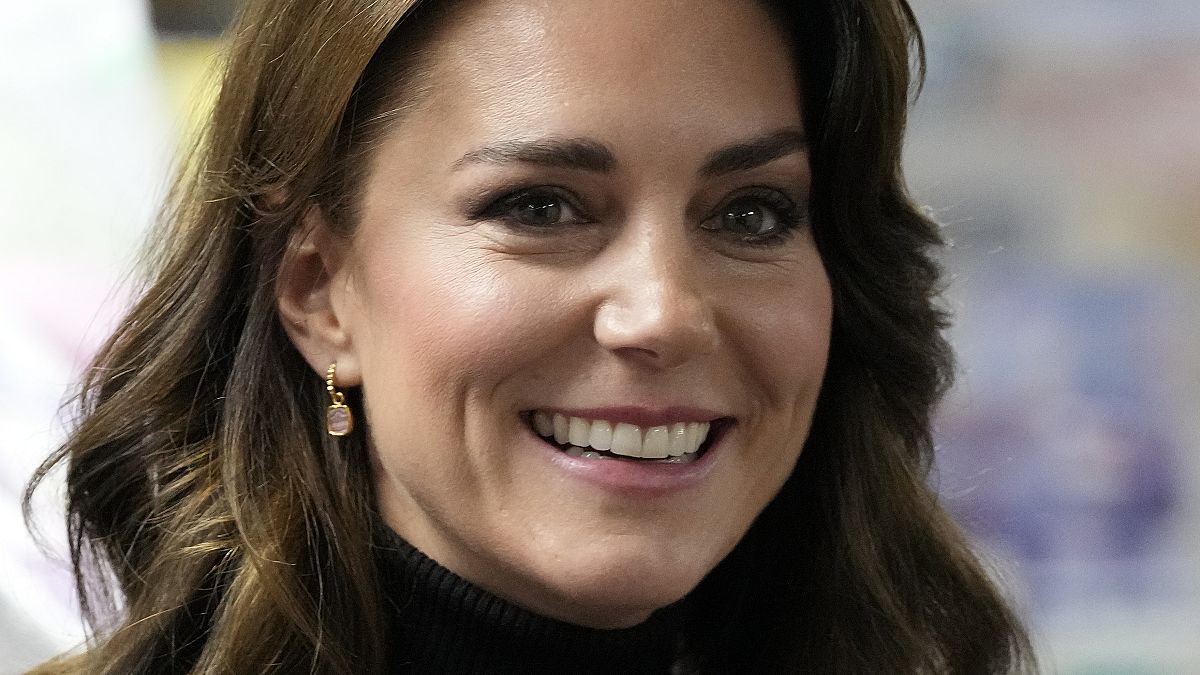Julian Assange has been held in London’s maximum security Belmarsh prison, one of the toughest prisons in the UK, since 2019. Despite the fact that the Wikileaks founder has already served 50 months in prison in which he was sentenced for violating the provisions of his previous prison, Assange is in a kind of pre-transfer detention, under very harsh conditions.
She has only one last chance to appeal against an earlier judicial extradition order from the High Court in London, which was signed in June 2022 by Home Secretary Priti Patel. The sentence is expected to be pronounced next September. After that, there will be a period of four weeks until the forced departure to the United States.
Concerns about Assange’s health
Assange’s wife, Stella, fears the worst if the judge does not pave the way for further appeals. “Julian’s life depends on us winning against this extradition. Julian is depressed. If he is extradited and put in solitary confinement, as the United States has the right to do, he will kill himself,” Stella Assange told DW.
Members of the Australian family, father John Shipton and brother Gabriel, are equally concerned. “His health is declining,” the brother told Sky Australia last week. “His condition is dangerous and getting worse. It’s heartbreaking to see this quiet genius in a maximum security prison with the worst criminals.”
The family has asked Australia’s new Prime Minister, Anthony Albanese, to help save Julian Assange. During the election campaign, Albanese has said that “enough is enough”, explaining that he will end the persecution of the Wikileaks founder.
However, since Albanese took office, there has been no progress, according to what his father and brother are now condemning. To date, they have not managed to secure an appointment with the prime minister for this purpose. In a recent public statement, Albanese pointed out that these negotiations should be carried out diplomatically, discreetly, behind the scenes.
controversial extradition
According to lawyer and wife, Stella Assange, the High Court must now accept a new judicial appeal against an earlier decision from the same court. However, the main problem is the formal interpretation of the extradition treaty between Britain and the United States.
In the first instance, a district judge also considered the detainee’s health condition and decided to prohibit extradition. However, the High Court judge did not consider this reason to be decisive.
Despite the efforts of Assange’s lawyers, the High Court also did not consider other reasons; such as the issue of Assange’s freedom of expression and the protection of journalistic works or the possible political motives behind the US request.
Representative of a bigger cause
Stella Assange knows that, deep down, this fight is not only about her husband’s life, but also about press freedom in Europe: “Can a foreign power invade Europe and limit what the press can publish? Imagine China doing the same thing and persecuting a journalists in Germany for exposing Chinese crimes.”
But extradition treaties such as those between Britain and the United States only exist between friendly countries that trust partner democratic justice systems. And where geopolitical reasons seem stronger than a single man’s future.
(ies/md)

“Internet trailblazer. Troublemaker. Passionate alcohol lover. Beer advocate. Zombie ninja.”




/cloudfront-us-east-1.images.arcpublishing.com/eluniverso/FTEC73B3HFHWHOUJFHJPCYHHY4.jpg)
:quality(85)/cloudfront-us-east-1.images.arcpublishing.com/infobae/3FBT6VVNRDO6XEXJQM5YMGSWSU.jpg)

